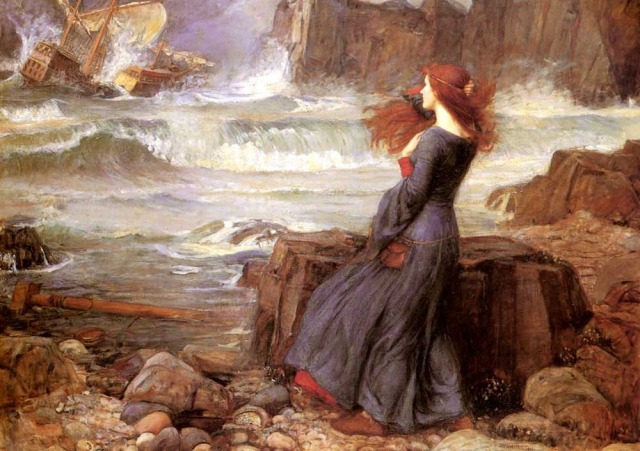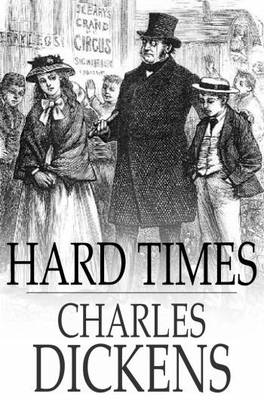How has your study of Shakespeare expanded your understanding of human nature?
This blog site involves two core aspects blogs and peer review. The blogs are split into two sub categories, creative and critical.
- Within the creative blogs thoughts, feelings and emotions are express on a particular topic or question. Each blog is uniquely expressing the writers thoughts and feelings in an imaginative way where personal freedom is encouraged. The creative blogs are beneficial as they provide the writer with a opportunity to, expand their vocabulary, strengthen intellectual confidence also enhances creative thinking and problem solving.
- Critical blogs involves a clear, informative and confident response about a particular topic/question. It contains reasons and answers that are supported through evidence but with a clear line of argument or opinion on the topic. The benefit of critical blogs include, teaching the writer to raise vital questions, to gather and present only relevant resource and information, also expand their ideas to new abstract interpretations tested against the norms and communicate effective in an informative manner.
- Peer reviews are have several vital aspects that include firstly establishing the purpose of the authors blog before proceeding. Praising the work is important to help maintain confidence of the author but commenting on areas of improvement is just as important. Making sure honesty but politeness is used to form a good peer reviews. Peer reviews are beneficial as they provide critical advice, a range of diverse opinions can be presented and challenged and allow the new information to be learnt.
Each of these three types of writing provide the writer with the opportunity to practise and improve their writing skills, but also challenge common ideas whilst being honest and polite.
Shakespeare’s work has still to this day such a great influence on the world, within his writing he touches on the different aspects of humanity and by studying his work we are able to learn more about human nature. The works of Shakespeare were pieces of a puzzle highlighting the characteristics of human nature, that were played out in an entertaining but educating way. Shakespeare displayed intense understanding of human nature, demonstrating both appreciation and disgust in the behaviour of mankind. He did this through his army of characters, scenes and story lines which articulated universal themes that are still valid some 4000 years later.
- Themes such the overcoming power of jealousy seen in A Midsummer Night’s Dream
“Knowing I know thy love to Theseus?
Didst not thou lead him through the glimmering night
From Perigouna, whom he ravished?
And make him with fair Aegles break his faith,
With Ariadne and Antiopa?
These are the forgeries of jealousy.” (2.1)
- These scene conveys the pain of jealousy and the problems it can cause between people, in addition it demonstrates the effortless nature of jealousy that consume ones thoughts and perspective. Jealousy may merely be a feeling but it has great power over the actions and thoughts of a person.
- The dynamics of betrayal are conveyed in King Lear when he states “Here I disclaim all my paternal care”. (I.I.11) This is the one of the greatest characterised betrayals between father and daughter, which portrays the harshness and simple task of betraying someone even those as close as family.
- Investigation into the nature of love is portrayed in Shakespeare’s Romeo and Juliet, the romantic, uncontrolled passion shared between the two star crossed lovers. This is seen in Romeo’s comment on first seeing Juliet “Did my heart love till now? Forswear it, sight, For I ne’er saw true beauty till this night.” (1.5.51-60)
- Shakespeare play the tempest presented many characteristic of human nature, in particular forgiveness and reconciliation. The play demonstrate the characters actions of forgiveness as seen after the dispute between Prospero and King Alonso. Alonso’s brief comment “pardon me” is enough to please Prospero: “First, noble friend/Let me embrace thine age, whose honor cannot be measured or confined” (5.1.124-6). This pleasant exchange confirms Prospero’s forgiveness.
- Commonly the act of self-interest conveyed, for example Cordelia’s attitude towards her father and sister, despite the circumstances she seems to be rather concerned with her own outcome in King Lear. Moreover the selfish devotion the to lovers share without being concerned with the consequences or repercussion there actions may bring in Romeo and Juliet.
These are each different themes that Shakespeare involves in his works, each are characteristic of human nature. Not only does Shakespeare involves these themes but every detail of it is what allows the audience to gain such a deeper understanding into human nature. From the casting of characters, to personality type, the scene, the year and the events that unfold in the story line are all vital aspects that only Shakespeare had the raw talent to create these play, which actually teach the audience more about mankind and themselves then they allow could establish.



 Tom conveys a man of education but has been caught robbing a bank, this action alone demonstrates Dickens views on how the educational system is failing to teach morals. Bitza is another character who demonstrates the corner stone of Victorian values, he is a product of the educational system and portrays how the social system is one of self-interest. He commonly uses the word reasonably because due to his educational up bringing there always has to be reason in his actions.
Tom conveys a man of education but has been caught robbing a bank, this action alone demonstrates Dickens views on how the educational system is failing to teach morals. Bitza is another character who demonstrates the corner stone of Victorian values, he is a product of the educational system and portrays how the social system is one of self-interest. He commonly uses the word reasonably because due to his educational up bringing there always has to be reason in his actions.  in, the inability to complete hundreds of tasks in one day. The solution to the problem is to take this new drug called NZT, which can expand the average brain’s abilities, allowing people to do so much more each
in, the inability to complete hundreds of tasks in one day. The solution to the problem is to take this new drug called NZT, which can expand the average brain’s abilities, allowing people to do so much more each  day.
day.